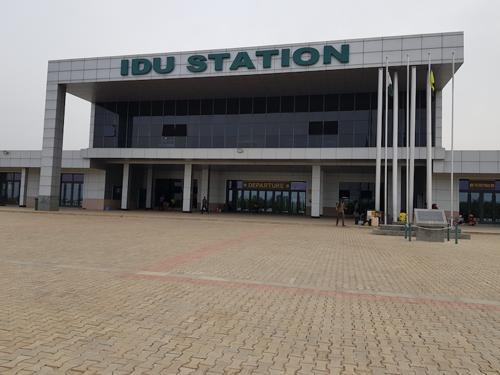I love the rail transport system. There are no checkpoints or potholes. Or so I thought.
An excursion visit took me to a railway station for the first time ever. It wasn’t any different for my students and colleagues who were with me at the time for what was an exciting adventure for us.

The highlight of our visit to the Kubwa train station was a train ride from the Kubwa station to the Idu station. It was such a wonderful feeling. Unfortunately, that would be the only time I would have that feeling as my next experience left me with lessons to share.
Train ride in Nigeria
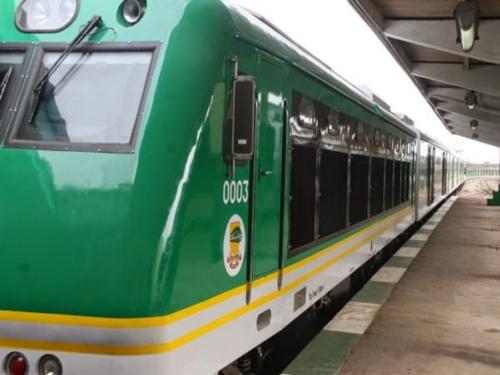
Though the rail transport system existed since March 1896 when the construction started from Ibadan to Lagos, not many of us were privileged to ride it.
The railway corporation boomed and saw as many as 155,000,000 passengers in 1984. But it declined by the late nineties and early 2000s.
In 2009, the restoration of the railway system in Nigeria started.
The new Abuja rail system became functional in 2018 as a safe means to convey passengers from the Kaduna International Airport to Abuja when the Nnamdi Azikiwe International Airport Abuja runway was under repair.
Stories of ticket hoarding, queuing for long hours for train tickets, insufficient train coaches for commuters remained tales for me until October 11, 2019.
A friend’s wedding in Kaduna had meant that I had to opt for a train ride due to stories of kidnapping by bandits along the Abuja-Kaduna road. So at the close of work that Friday, I dashed to the train station in Kubwa and joined a short queue hoping to get my ticket in no time. An hour later, I had barely moved five steps from where I first joined the now long queue.
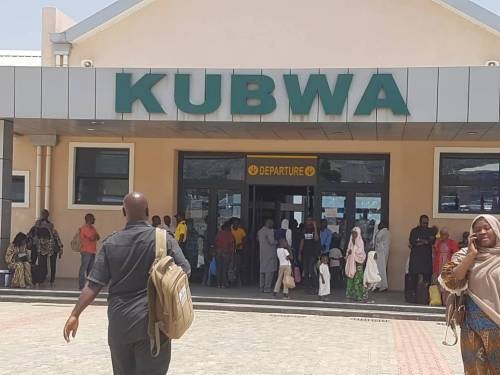
At first, there were no cashiers to sell tickets. Later, we heard ticket sales begin an hour to departure time and mine wasn’t until 6:20pm. So there I was waiting on a queue from 3pm.
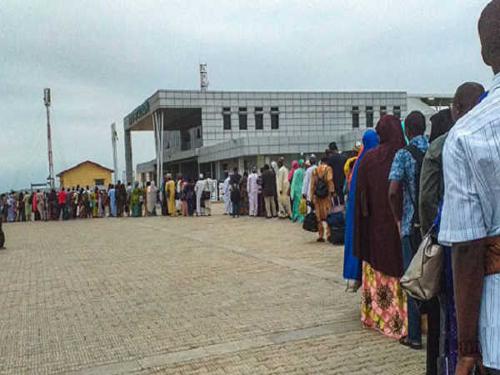
At about 4:30pm, the cashiers showed up, did some lazy things and started selling tickets. Two persons away from my getting a train ticket, they ran out of tickets to sell. Or the seat tickets at least, because the “next” tickets available, we were told, were for those who wished to stand inside the train.
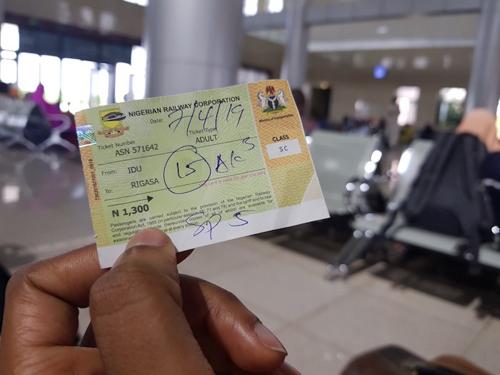
“They can only sell tickets enough for one coach as that was the only coach reserved for the Kubwa station while the other five or six coaches have been boarded from Idu station”, one of the Railway officials was heard saying. “What can I do?”, I thought to myself. It was already late and I could not leave the station to take a car to Kaduna.
The so-called standing ticket was sold at the same amount as the seat tickets, but then it didn’t matter to me as I only looked forward to the wedding I had to attend.
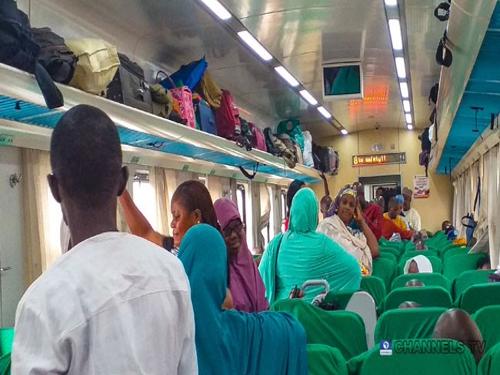
The train from Idu arrived and it was another fight. Those with standing tickets were made to wait for those with seat tickets to board the train first.
Trust Nigerians. “How can they tell us to wait when we paid the same amount for tickets?”, some of those with the standing tickets questioned aloud.
Though it was a struggle, but in the end we boarded the train. The next hurdle for me was finding a suitable place to stand as I would have to do this for two hours.
A penny for my thoughts
All through the journey, I kept thinking about what the government could do differently to improve commuters’ train ride experience.
Why are tickets not purchased online? This could help long queues disappear and solve the issue of ticket hoarding. For insufficient coaches, why not increase the number per trip?, I wondered.
Yes, ‘checkpoints and potholes’ seem to have been replaced in the railway system with other issues, however, it’s clearly nothing that the Nigerian Railway Corporation cannot handle.
No doubt, a functional rail system is a necessity and not a luxury for only the rich and affluent.
The lessons are glaring now, right?
Make your pick, but do remember them should you decide to pitch a train ride.
Would you take a train ride anytime soon?
Which of the lessons from here would you be applying when you do? Feel free to share in the comment section.


